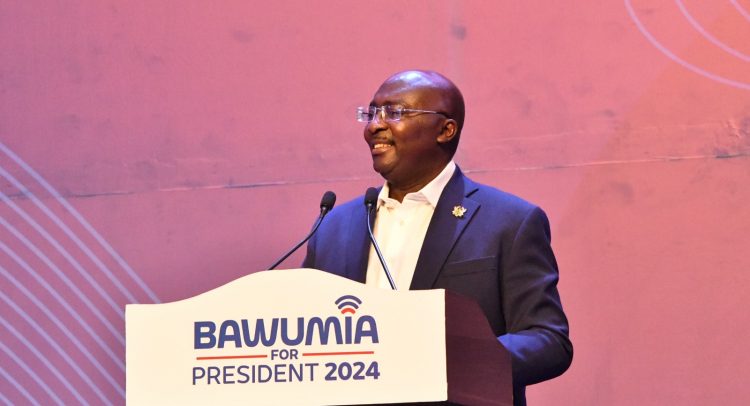
The Pharmaceutical Manufacturers Association of Ghana (PMAG) has targeted to produce 70 percent of the country’s essential pharmaceutical products within the next three years.
The move is meant to reduce the importation of pharmaceutical products into the country and create more job opportunities in line with the Ghana Beyond Aid agenda.
Currently, the 15 local pharmaceutical companies in the country account for 30 percent of the country’s essential drug requirement, with the remaining 70 percent imported.
The Chief Executive Officer (CEO) of Ernest Chemists Limited, a leading manufacturer of pharmaceutical products, Mr. Ernest Bediako Sampong, said the pharmaceutical companies had begun rolling out initiatives to expand their existing infrastructure and to introduce modern technologies into their operations to improve production.
Mr. Sampong made this known to the Daily Graphic last Friday, adding that what was required to realise the targeted output was adequate funding support from the government.
Tour
He said this when he received the board members of the Ghana Export-Import (GEXIM) Bank which was on a tour of some pharmaceutical companies, funded by the bank over the past three years to boost their production.
“We are currently producing 30 percent of the essential drugs needed in the country but our objective is to increase production to 70 percent in two or three years’ time.
“We know how to get there but what we need finance to push us to accomplish it,” he said.
In line with the government’s One District, One Factory (1D1F) policy, the bank has already committed $60 million to support nine pharmaceutical companies.
Last Friday, the board of GEXIM Bank toured Ernest Chemists Limited, Tobinco Group, and Atlantic Life Scientists Limited, all in the Greater Accra Region.
The team from GEXIM Bank was led by the Board Chairman, Mr. Boateng Genfi, and the CEO of the bank, Mr. Lawrence Agyinsam.
Mr. Sampong said GEXIM Bank’s investment into the pharmaceutical industry had helped many of the companies to undertake innovative projects and to acquire appropriate technologies to boost their production.
“We are calling however for funding support to be made sustainable in order to allow us to complete some of our ongoing projects since a lot of pharmaceutical products are going to be manufactured locally.
“We also intend to export and it means that we will earn foreign exchange, employ more people and train them to acquire skills needed to improve the system,” he said.
Investment
The Managing Director of Tobinco Group, Mr. Kwadwo Asare Twerefour, said investing in key infrastructure projects was crucial to achieving self-sufficiency in the pharmaceutical industry.
He said Tobinco Pharmaceuticals was setting up a sterile plant to enable it to go into producing sterile pharmaceutical products and avoid dependence on imported products.
“All of us are trying to increase our capacity, improve on technology and expand our product lines so that we can produce most of the essential drugs that this country needs; but we need more funds to do this,” he said.
Commitment
The GEXIM team was satisfied that the bank’s investment in the pharmaceutical industry was yielding good results and gave an assurance that more funds would be pumped into the industry.
Mr. Agyinsam said investment in local pharmaceutical companies to produce essential medicines locally was a giant step towards self-sufficiency.
He urged local pharmaceutical companies to get themselves ready to take advantage of opportunities that the African Continental Free Trade Area (AfCFTA) would present to them.
The post Pharmaceutical companies seeking to produce 70% of Ghana’s drug needs appeared first on Citinewsroom - Comprehensive News in Ghana, Current Affairs, Business News , Headlines, Ghana Sports, Entertainment, Politics, Articles, Opinions, Viral Content.
Read Full Story




























Facebook
Twitter
Pinterest
Instagram
Google+
YouTube
LinkedIn
RSS